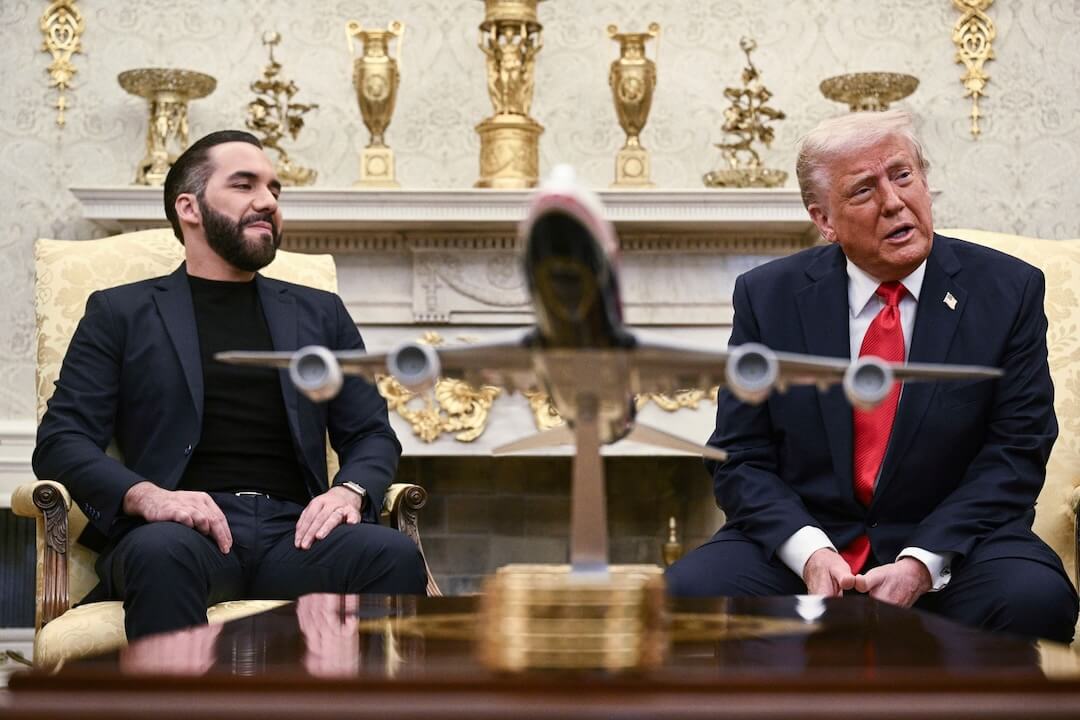When the Pulitzer Prizes were announced Monday, it was no surprise to see the name David Barstow.
The New York Times reporter won his fourth Pulitzer, tying him with Washington Post and former Miami Herald photographer Carol Guzy as the only journalists to win four Pulitzers.
“I’m in shock because I’m in awe of the quality of work getting done in American journalism these days,’’ Barstow said in a phone interview. “I realize that we, as an industry, we’re going through brutal, brutal times and yet when I look at the work out there getting done, I’m in awe. So, yeah, the journalism gods have been very, very good to me.”
Along with Times colleagues Susanne Craig and Russ Buettner, Barstow was a part of an 18-month investigation of President Donald Trump’s finances that debunked his claims of self-made wealth and revealed a business empire riddled with tax dodges. It won the Pulitzer for explanatory reporting.
The blockbuster report published in October revealed that Trump received the equivalent today of at least $413 million from his father’s real estate empire. In addition, the Times reported that much of that money came to Trump through “dubious tax schemes he participated in during the 1990s, including instances of outright fraud.”
Barstow’s work on the story is just the latest example from one of the country’s most acclaimed journalists, who still finds it easy to find motivation in his work.
“I just believe so deeply that independent, honest journalism is absolutely critical to a functioning democracy,” Barstow said. “It’s really that simple. I think we’re like gardeners and we pull weeds. It’s not always the sexiest work, but it’s really important work and if we don’t pull those weeds then the garden doesn’t grow. That’s the way I feel and that’s what makes me keep doing it.”
And Barstow, 56, still has that drive after more than 30 years in the business.
“I feel like it’s more important now than ever for us to actually do our jobs and do it well,” Barstow said. “We’re, obviously, under attack. We have a president of the United States calling us the enemy of the people and saying what we do is fake news. I think in the face of that it’s more important than ever for us to do our damn jobs. I don’t think it’s about responding or reacting to the rhetoric, but it’s about demonstrating day in and day out that we care enormously about getting the story right and we do this because we absolutely love our community and we love our country.”
That has been evident over Barstow’s entire career, which now features a record number of Pulitzers.
In 2009, Barstow won an investigative reporting Pulitzer for his work that revealed how some “retired generals, working as television and radio analysts, had been co-opted by the Pentagon to make its case for the war in Iraq, and how many of them had undisclosed ties to companies that benefited from policies they defended.”
He won another investigative reporting Pulitzer, along with Alejandra Xanic von Bertrab in 2013, for reports on how Walmart used widespread bribery to dominate the market in Mexico.
In 2004, he and Lowell Bergman were a part of team that won the Public Service Pulitzer for examining death and injury among American workers and exposing employers who break basic safety rules.
Barstow is a native of Concord, Massachusetts. He has been with the Times since 1999 and a member of the Times’ investigative unit since 2002. Before that, he worked at the then-St. Petersburg Times (now called the Tampa Bay Times). While there, he was a three-time Pulitzer finalist for spot news reporting in 1997, investigative reporting in 1998 and explanatory reporting in 1998.
Before the St. Petersburg Times, Barstow was a reporter at the Rochester Times-Union in New York and the Green Bay Press-Gazette in Wisconsin. He is a graduate of Northwestern University.
“Nobody goes into journalism to get rich,” Barstow said. “But there’s a strong sense of mission among the journalists I know and respect. Yes, there are plenty of reasons to be critical of journalism. We make lots of mistakes. But, by and large, I’m really proud to call myself a journalist.”







